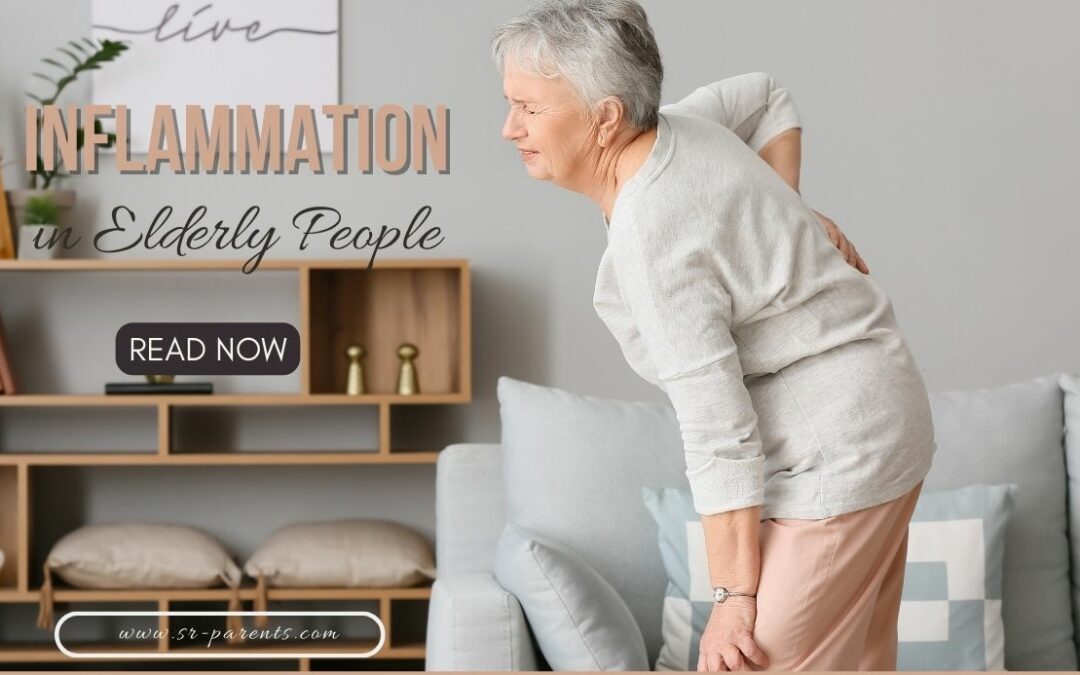Contents
Inflammation in Elderly People
Causes, Symptoms, and Effective Strategies for Reducing Chronic Discomfort
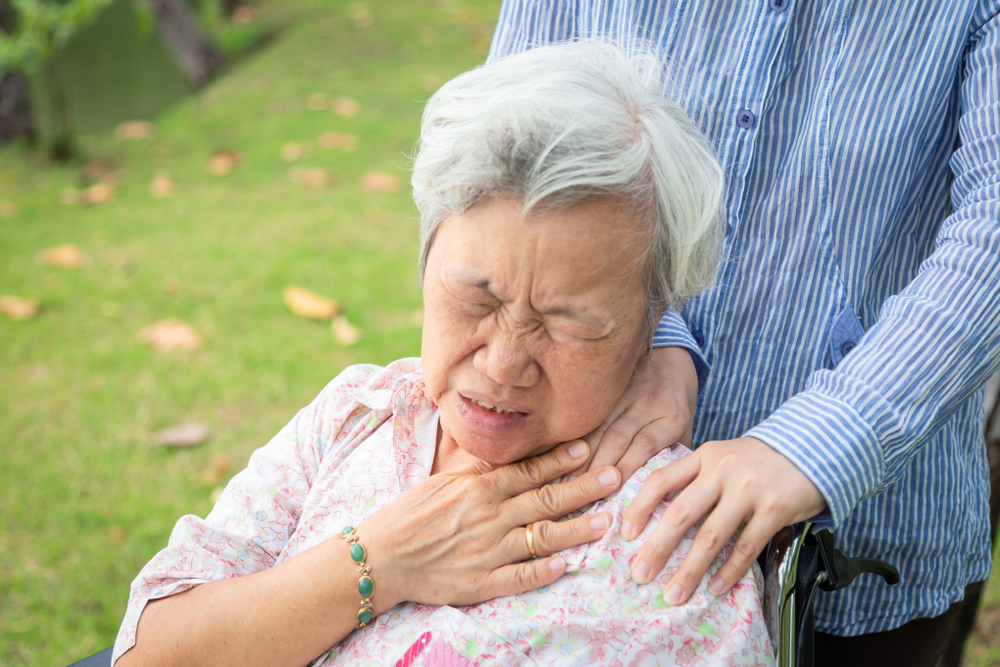
Introduction to Inflammation in Elderly People
Inflammation is the body’s natural response to injury, infection, or irritation. It is a necessary component of the immune system, helping to protect and heal the body. However, when it becomes chronic and persistent, it can lead to various health issues, especially in older adults. This article will discuss the causes, symptoms, and effective strategies for reducing chronic discomfort due to inflammation in elderly people. Aging is a complex process that involves various biological changes, including an increase in inflammation. Chronic inflammation has been linked to numerous age-related diseases, such as arthritis, heart disease, cancer, and Alzheimer’s disease. Understanding the factors that contribute to inflammation in elderly people is essential in order to develop effective strategies for reducing chronic discomfort and promoting overall health and well-being.
Understanding Chronic Inflammation and Its Effects on Aging
Chronic inflammation refers to a prolonged and persistent inflammatory response that can last for months or even years. Unlike acute inflammation, which is short-lived and beneficial for the body, chronic inflammation can have detrimental effects on health and contribute to the aging process. Aging and inflammation are closely connected, with research suggesting that chronic inflammation may be a significant factor in age-related diseases and conditions. For instance, chronic inflammation can damage healthy cells and tissues, leading to a decrease in overall health and increased vulnerability to illness. Furthermore, it can cause the immune system to become less effective, resulting in a higher risk of infections and other health issues. The connection between aging and inflammation has been the focus of various studies and research efforts, highlighting the importance of addressing this issue in order to promote a healthier, more comfortable life for elderly individuals.
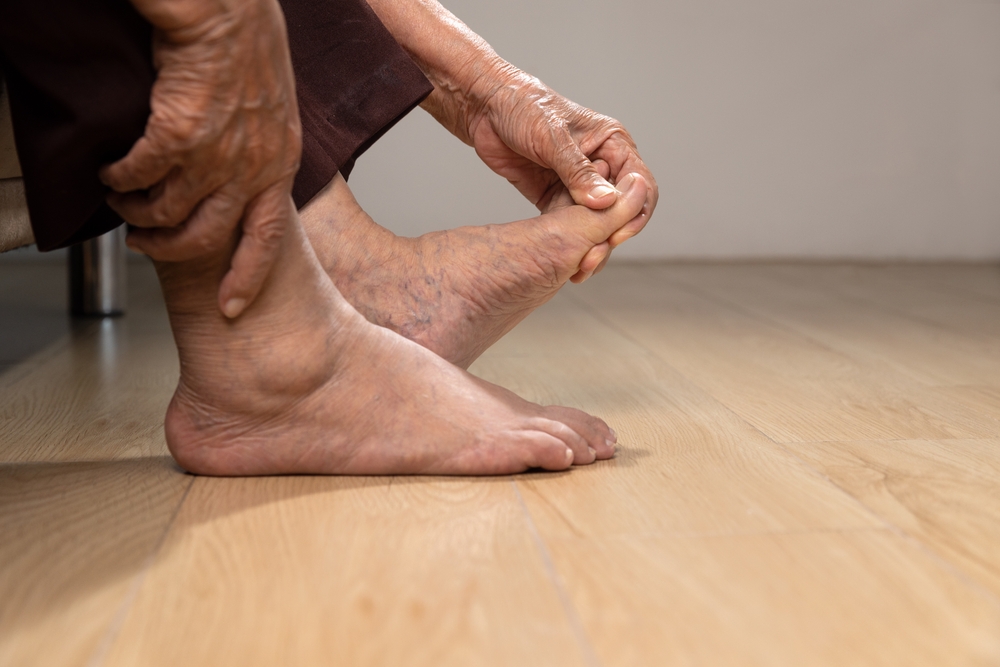
Common Causes of Inflammation in Elderly People
There are several factors that can contribute to inflammation in elderly people, including:
- Poor diet: Consuming a diet high in processed foods, sugars, and unhealthy fats can lead to increased inflammation levels. These foods can cause an imbalance in the gut microbiome and trigger an inflammatory response.
- Lack of physical activity: Leading a sedentary lifestyle can contribute to inflammation, as exercise helps to reduce inflammation levels and promote overall health.
- Chronic stress: Long-term stress can cause the body to produce inflammatory chemicals, which can contribute to chronic inflammation.
- Infections: Bacterial, viral, and fungal infections can cause an inflammatory response in the body.
- Obesity: Excess body weight can lead to increased inflammation levels, as adipose tissue releases pro-inflammatory chemicals.
- Smoking and alcohol consumption: Both tobacco smoke and excessive alcohol intake can contribute to inflammation.
- Environmental toxins: Exposure to pollutants and toxins in the environment can trigger an inflammatory response.
Recognizing the factors that contribute to inflammation in elderly people is crucial in order to develop effective strategies for reducing chronic discomfort and promoting overall health and well-being.
Related: Most Common Causes of Foot Pain in Elderly People
Recognizing the Symptoms of Inflammation
In order to address inflammation in elderly people, it is important to recognize the signs and symptoms that may indicate an inflammatory response. Some common symptoms of inflammation include:
- Pain: Inflammation often causes pain, which can range from mild to severe and may be localized or widespread.
- Swelling: Inflammation can cause fluid buildup in the affected area, leading to swelling.
- Redness: Increased blood flow to the affected area can cause redness, which is a common sign of inflammation.
- Warmth: The affected area may feel warm to the touch due to increased blood flow.
- Stiffness: Inflammation can cause stiffness in the joints and muscles, making it difficult to move the affected area.
- Fatigue: Chronic inflammation can lead to a feeling of overall tiredness and lack of energy.
- Fever: In some cases, inflammation can cause a low-grade fever.
By recognizing the symptoms of inflammation, elderly individuals and their caregivers can take appropriate steps to address the issue and reduce chronic discomfort.
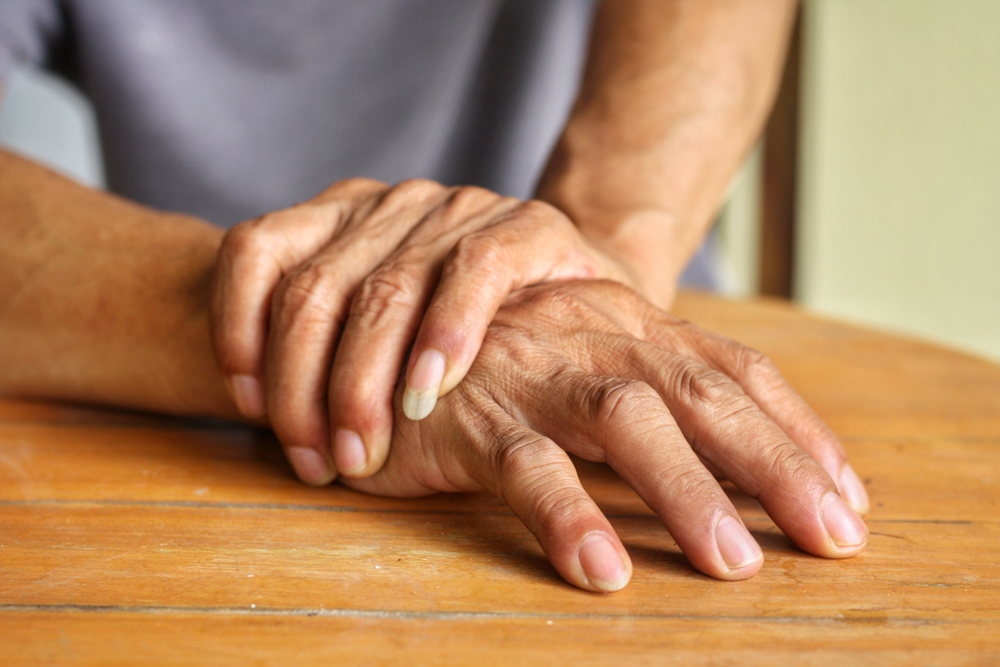
Aches and Pains at 60: Is It Normal or Due to Inflammation?
It is normal for individuals to experience aches and pains as they age. In fact, many people may notice an increase in aches and pains around the age of 60. However, it is important to distinguish between normal age-related discomfort and pain caused by inflammation. While some aches and pains are a normal part of aging, persistent pain and discomfort may be a sign of an underlying issue, such as chronic inflammation. If pain is accompanied by other symptoms of inflammation, such as swelling or redness, it may be an indication that inflammation is the cause. In such cases, it is essential to consult a healthcare professional for proper evaluation and treatment.
Proven Ways to Reduce Inflammation in the Elderly
There are several effective strategies for reducing inflammation in elderly people, including dietary changes, exercise, and stress management. By implementing these strategies, older adults can reduce chronic discomfort and promote overall health and well-being.
How to Get Rid of Inflammation Through Dietary Changes
One of the most effective ways to reduce inflammation in elderly people is through dietary changes. A diet rich in anti-inflammatory foods can help to reduce inflammation levels and promote overall health. Some suggestions for an anti-inflammatory diet include:
- Incorporate more fruits and vegetables: Fruits and vegetables are rich in antioxidants and other nutrients that can help to reduce inflammation. Aim for a variety of colors and types to ensure a well-rounded diet.
- Choose whole grains: Whole grains, such as brown rice, quinoa, and whole wheat, are rich in fiber and can help to reduce inflammation levels.
- Include healthy fats: Healthy fats, such as those found in olive oil, avocados, and fatty fish, can help to reduce inflammation.
- Limit processed foods: Processed foods often contain unhealthy fats and added sugars, which can contribute to inflammation.
- Stay hydrated: Drinking plenty of water can help to reduce inflammation levels and promote overall health.
By making these dietary changes, elderly individuals can effectively reduce inflammation and improve their overall health and well-being.
Related: Guide to What Foods Relieve Arthritis Pain
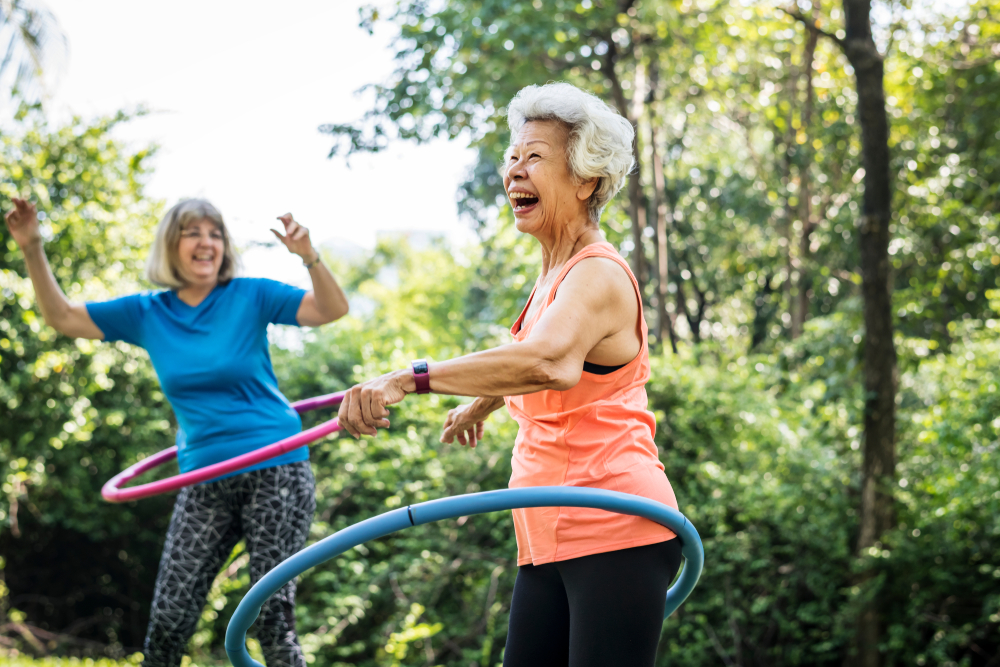
exercise has amazing health benefits
Exercise and Lifestyle Strategies for Managing Inflammation
In addition to dietary changes, there are several exercise and lifestyle strategies that can help to manage inflammation in elderly people. Some suggestions include:
- Engage in regular physical activity: Regular exercise can help to reduce inflammation levels and promote overall health. Aim for at least 150 minutes of moderate-intensity aerobic activity, such as brisk walking, swimming, or cycling, each week.
- Practice good sleep hygiene: Getting enough quality sleep is essential for reducing inflammation and promoting overall health. Aim for 7-9 hours of sleep each night and establish a regular sleep schedule.
- Quit smoking: Smoking can contribute to inflammation, so quitting is an important step in reducing chronic discomfort.
- Limit alcohol consumption: Excessive alcohol intake can contribute to inflammation, so it is important to limit consumption to one drink per day for women and two drinks per day for men.
By adopting these exercise and lifestyle strategies, elderly individuals can effectively reduce inflammation and improve their overall health and well-being.
Medical Treatments for Addressing Chronic Discomfort
In some cases, medical treatments may be necessary to address chronic discomfort due to inflammation. Some potential treatments include:
- Anti-inflammatory medications: Over-the-counter and prescription anti-inflammatory medications, such as ibuprofen or naproxen, can help to reduce inflammation and relieve pain.
- Corticosteroids: Corticosteroid medications, such as prednisone, can help to reduce inflammation and alleviate symptoms.
- Physical therapy: Physical therapy can help to improve mobility and reduce pain caused by inflammation.
- Joint injections: In some cases, joint injections, such as corticosteroid or hyaluronic acid injections, may be recommended to help reduce inflammation and pain.
It is essential to consult with a healthcare professional to determine the most appropriate treatment for chronic discomfort caused by inflammation.
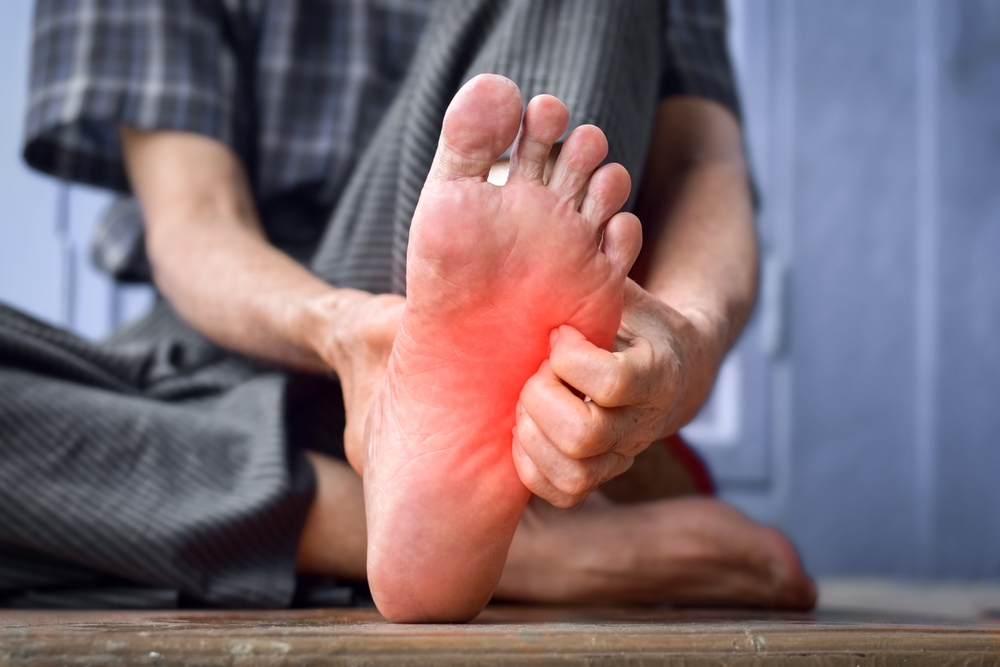
The Role of Stress Management in Reducing Inflammation
Stress management is an important component of reducing inflammation in elderly people. Chronic stress can contribute to inflammation, so it is essential to develop effective strategies for managing stress and promoting relaxation. Some suggestions for stress management include:
- Practice mindfulness: Mindfulness-based practices, such as meditation, yoga, and deep breathing, can help to reduce stress and promote relaxation.
- Engage in hobbies and interests: Participating in activities that bring joy and satisfaction can help to reduce stress levels and promote overall well-being.
- Stay connected: Maintaining social connections and support networks can help to reduce stress and promote overall health and well-being.
- Seek professional help: In some cases, therapy or counseling may be necessary to help manage stress and reduce inflammation.
By effectively managing stress, elderly individuals can reduce inflammation and improve their overall health and well-being.
Related: Avoid Stress, Keep It Simple
Taking Control of Inflammation for a Healthier, More Comfortable Life
Inflammation in elderly people is a common issue that can lead to chronic discomfort and a variety of health problems. By understanding the causes, recognizing the symptoms, and implementing effective strategies for reducing inflammation, such as dietary changes, exercise, and stress management, older adults can take control of their inflammation and live a healthier, more comfortable life. It is essential for elderly individuals and their caregivers to be proactive in addressing inflammation to promote overall health and well-being.
Related: Effects on Aging on the Resolution of Inflammation (Science Direct)
FAQs
What causes inflammation in elderly people?
Inflammation in elderly people can be caused by a combination of factors, including chronic diseases, age-related changes in the immune system, lifestyle factors, and environmental exposures.
What are the potential health consequences of inflammation in the elderly?
Inflammation in elderly individuals can contribute to various health problems, such as increased risk of cardiovascular disease, arthritis, neurodegenerative disorders, impaired cognitive function, and slower wound healing.
Can inflammation in elderly people be managed or reduced?
Yes, inflammation in elderly people can be managed and reduced through various strategies, including regular exercise, a healthy diet rich in anti-inflammatory foods, stress reduction techniques, proper sleep, and medication prescribed by healthcare professionals when necessary. However, it’s important to consult with a healthcare provider for personalized advice.
Are you passionate about caregiving, elderly care, and all things elderly? Look no further! Join our vibrant community on social media for a wealth of engaging content, insightful product reviews, and the opportunity to connect with like-minded individuals.
Follow us on Facebook (https://www.facebook.com/sr.parents) for daily updates, heartwarming stories, and expert tips on providing the best care for your loved ones. Engage in discussions, ask questions, and share your own experiences with our growing community.
Discover a visual feast on Instagram (https://www.instagram.com/seniorparents/) as we share captivating images, inspiring quotes, and educational content. Scroll through our feed, hit that follow button, and be part of a community that celebrates the beauty and wisdom of aging.
Pin your way to a treasure trove of knowledge on Pinterest (https://www.pinterest.com/seniorparents/). Explore our carefully curated boards filled with practical caregiving advice, healthy aging tips, and creative ideas to make every day special for your elderly loved ones. Get inspired and save the pins that resonate with you the most.
For real-time updates, insightful articles, and lively conversations, join us on Twitter (https://twitter.com/senior_parents). Connect with caregivers, experts, and advocates who share your passion for elderly care. Stay informed about the latest research, trends, and innovations in the field while engaging in meaningful discussions.
Don’t miss out on the opportunity to be part of our passionate community. Visit our Facebook, Instagram, Pinterest, and Twitter pages today, and let’s embark on this rewarding journey together!

